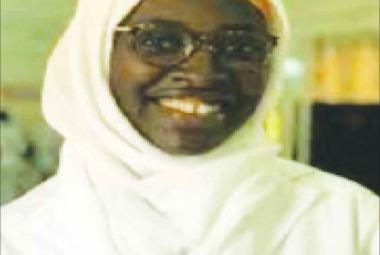The Matron of Gambia’s psychiatric hospital called Tanka Tanka has lamented over the increase in stigma and discrimination against the mentally ill patients, as well as staff and care givers. Mr Omar Bojang pointed out that the mentally ill are not usually arrogant and aggressive, and that once you show them care, in return you will get a better response from them. He went on to explain that mental-illness can be prevented. He said there are triggering factors like stress, and substance abuse, and that “early detection is very important because it can be easily managed”. He went on: “If their behavior start changing, immediate action is required from relatives to help them access the nearest health facility.
Bojang noted that it was only at Tanka Tanka but now they have focal points in all the health regions across the country who are experts in managing mentally ill patients. “The patient should be seen as people who need health at the start and not as arrogant and aggressive,” he stressed. The Matron also advised that people seek help at an early stage; as some cases may not need major medical attention; only a small intervention to be back on track. On the issue of security at the psychiatric hospital, he said they have challenges in terms of both human and material. “When relatives bring their mentally-ill patients to the hospital some of them would abscond,” he admitted, saying they have 3 security officers , who work in shift - two at the main gate and the third one will be assisting during food distribution or when admitting a new patient. So during such process, patients will help each other and jump over the fence and go away”. He called for close collaboration between the hospital management and families of the patients.
He assured that they are doing their best to deliver for the public despite the challenges.
Further on the challenges, Bojang intimated that at the hospital they have 100 patients with few staff; the the ratio being one nurse to 8 to 9 patients in the morning and worst in the evening, as only two nurses are there to look after all the patients. They have two wards each has 3 rooms and 9 to 10 patients. ”Patient is admitted when he or she is at risk to him/herself and to the community,” he said. This, he explained is done after an assessment because home treatment may be best for them sometimes except if risk is attached.
The Tanka Tanka matron therefore appealed to the public to understand their plight, and assured that they are working hard to improve the situation.






